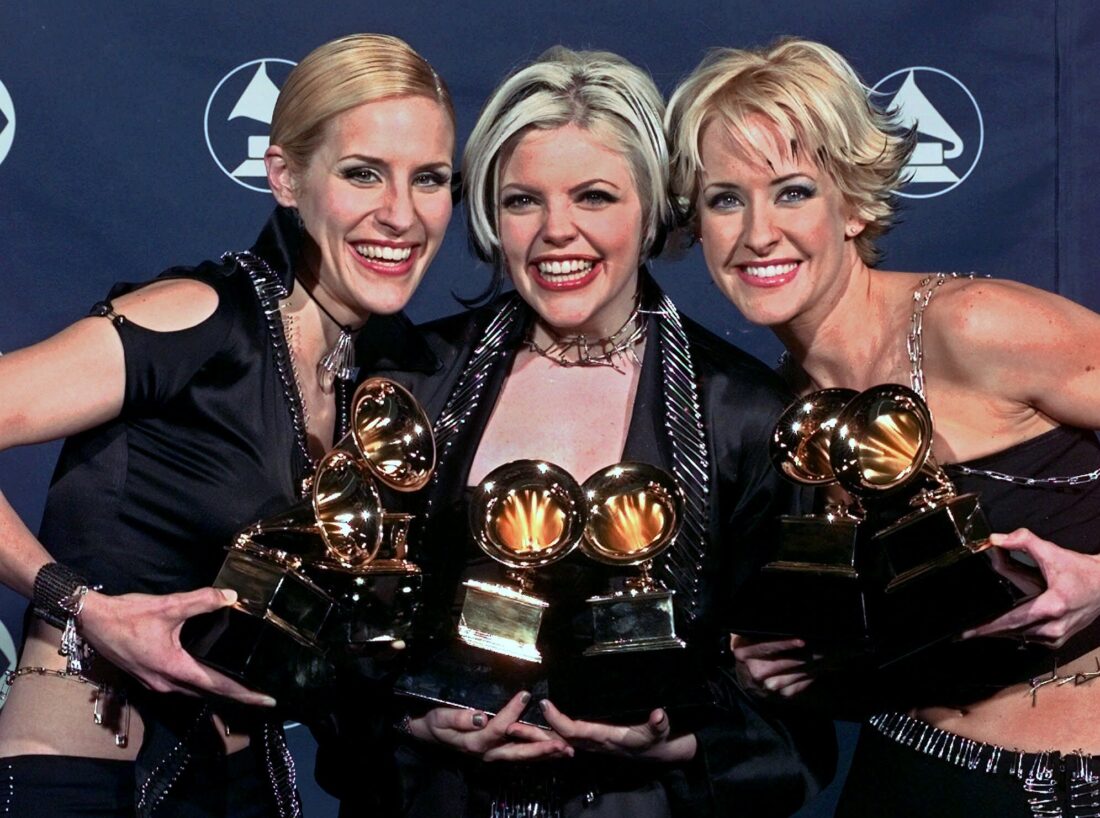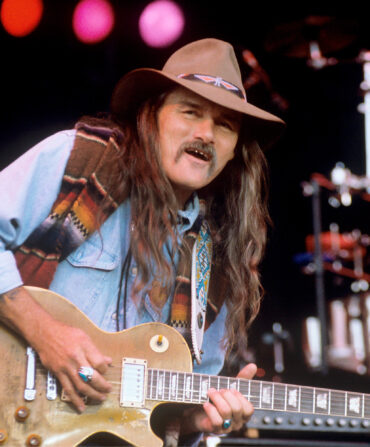“Who doesn’t know what I’m talking about?”
I was seven, almost eight, when Wide Open Spaces came out. I can’t say I remember the album’s release specifically—I wasn’t exactly trolling record stores or analyzing music criticism in between recess and snack time—but the CD was a fast favorite in our family minivan, and even as an elementary schooler I felt sure that I did, indeed, know what Natalie Maines was talking about.
My mom loves to clarify that she liked country music “before it was cool,” and to me, she must mean before the Chicks. Between the fiddle and the vocal twang, you couldn’t say they weren’t country. You definitely couldn’t say they weren’t cool: The Chicks kicked down genre boundaries, gaining notoriety in corners of pop culture where country music had previously been shut out or laughed at. Wide Open Spaces was a major milestone both for women in country and for country music in general.
The title track traveled its own unlikely road before finding blockbuster success with the trio in ’98. Written by Susan Gibson, the song took shape years earlier when, in traveling back and forth between Texas and Montana for college, she left a notebook with its scribbled beginnings at her parents’ house. She ultimately completed the number at the encouragement of her mother, who included the pages in a care package. When Gibson went to record “Wide Open Spaces” with her band the Groobees later in the nineties, producer Lloyd Maines thought the song might also work for another Texas act he knew: his daughter, Natalie, and the Chicks, who were preparing to record their major label debut. The band and the label agreed, and we all know what happened next.
Of course, Wide Open Spaces was so much bigger than one song. “There’s Your Trouble” and “I Can Love You Better” embody the assertive, independent spirit most people have come to associate with the Chicks. And coupled with more tender, vulnerable numbers like “You Were Mine” or the J.D. Souther cover “I’ll Take Care of You,” the album captures both a craving for freedom and nostalgia for familiar comforts, romantic or otherwise.
In 1998, the Chicks sold more CDs than every other country music group combined. The album nabbed trophies at the ACMs, the CMAs, and the Grammys, with plenty of other accolades along the way. By 2003, it achieved RIAA diamond status, boasting more than 12 million units shipped in the U.S. alone. The Chicks would go on to inspire such talents as Maren Morris, Taylor Swift, and Brittney Spencer, not only for their reimagination of what country could be, but for their artistic resolve—a perseverance and a willingness to go against the grain that, in retrospect, makes Wide Open Spaces feel all the more prescient.
Even with all these superlatives, the album’s most unique accomplishment might be the way it can feel wholly relevant twenty-five years later, even for folks who were in vastly different phases of life when they first belted “Let ’Er Rip” in the car or “Wide Open Spaces” on karaoke night.
Those same wide open spaces can offer us the opportunity to look back across the expanse and see how far we’ve come. My “highest stakes” have changed a little since those nervous days making friends on the playground. My “big mistakes” have (mostly) been ones I’ve learned and grown from. And I continue to find joy in the “new faces,” even as many of them have become old friends. I can only hope we’re all still singing the lyrics together in 2058.








